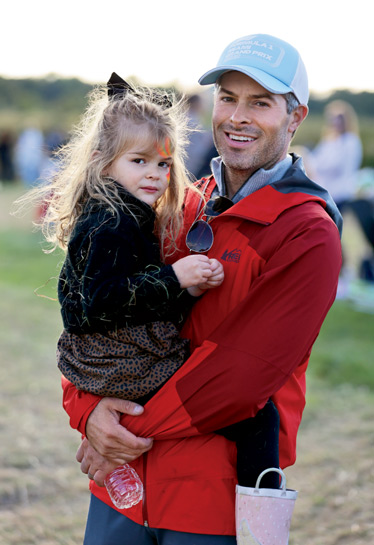Collaboration is Key
By Caitlin McCauley
By Caitlin McCauley


Jason Sposeep has been with Schiller DuCanto & Fleck for 20 years, where he first started as a law clerk and has since risen through the ranks and today is one of 11 equity partners in the firm.
Sposeep’s expertise is in Collaborative Law. There is no one else in the Schiller DuCanto & Fleck offices more collaboration-oriented than him, with collaborative cases making up more than one third of his overall practice.
“More than 90 percent of divorce situations do not or should not need to be resolved by a judge,” says Sposeep.
But this wasn’t always his philosophy. Around 2007, Sposeep saw one of his colleagues/mentors handle a case with extremely similar circumstances to one Sposeep was litigating at the time, only his colleague was using the process of Collaborative Law. He saw firsthand that you can have near identical statistics and circumstances but get drastically different results depending on the chosen divorce process and team. Since then, he’s been a convert.
“To see families benefiting through Collaborative Law changed the trajectory of my whole practice,” says Sposeep.
He’s since become very involved in the Collaborative Law community, sitting on the executive Board of the Collaborative Divorce Institute of Illinois, and arguing before members of the Illinois Supreme Court to help pass a new Supreme Court Rule needed to cement completion of the Uniform Collaborative Law Act—an absolute highlight of his career.
Sposeep describes his practice as “an iron fist in a velvet glove.”
While he is very pro-collaboration, he’s well-aware that it is not the right solution for every family. Sposeep isn’t afraid of litigation in the courtroom, where he is a formidable opponent. He is very selective of which cases can meet his high standards for collaboration. He insists that for collaboration to work, it must be a full and proper team in place and the right clients. Thanks to his selectiveness, Jason modestly acknowledges that he has successfully resolved more than 95 percent of cases in which he was engaged in the formal Collaborative Process.
Sposeep also insists a divorce coach be part of every collaborative team—someone with a mental health background to assist with translating emotions and helping address client communication and mental health issues as well as another set of “eyes and ears” to sign off on determining if Collaborative Law is the best process for the family. Sposeep highly recommends using a divorce coach regardless of the strategy you choose, as it’s a great way to work through the changes divorce brings while also processing emotions with someone unrelated to the case itself.
Sposeep recognizes that there’s more than one way to solve a problem. But he believes that by working together, his clients can create more holistic solutions for themselves and their families both in the midst of divorce and for the future.
“There can be a light at the end of this tunnel … and it can be ten times what it was before,” says Sposeep.
His compassion and empathy for each of his clients truly puts Sposeep in a class of his own. Having gone through a divorce himself, Sposeep understands both from a legal, but also a much more personal standpoint the challenges and emotions his clients face during this process. And he’s living proof that it can be okay, that it can get better, and that there is a real opportunity for a full and wonderful life after divorce.
The Schiller DuCanto & Fleck Wheaton office is located at 310 South Country Farm Road, Suite 300. For more information, call 630-665-5800 or visit sdflaw.com.
Sign Up for the JWC Media Email